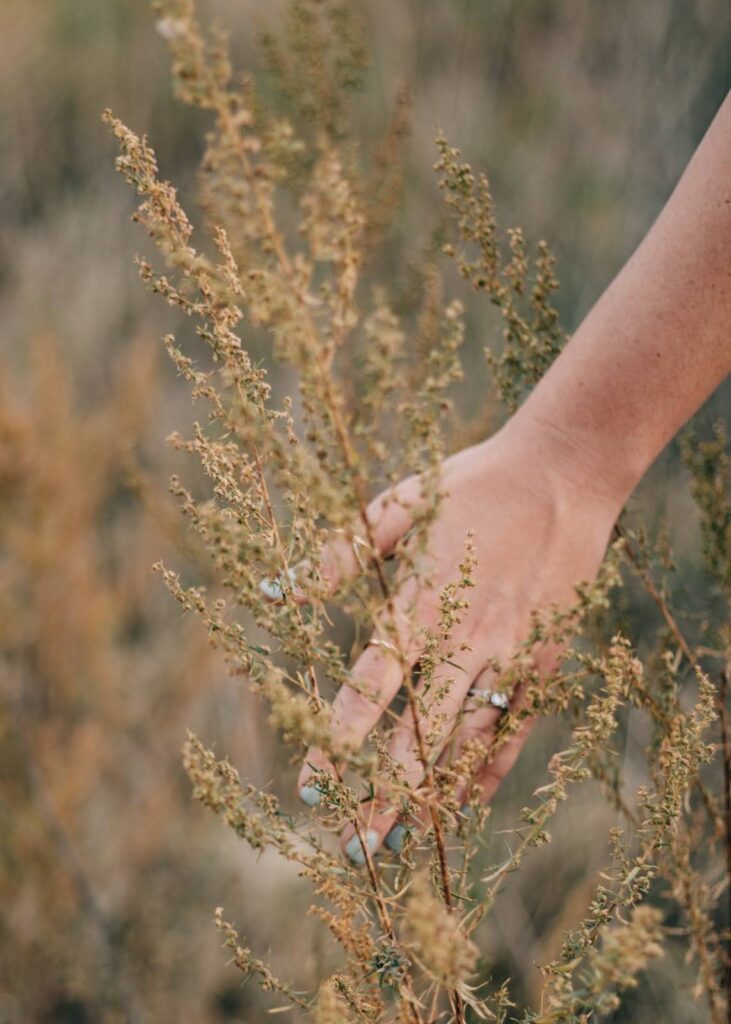How My Prayer Life Has Evolved (And Why It No Longer Looks Like It Used To)
June 30, 2025

There was a time in my life when prayer was a ritual—something I did with great reverence, precision, and structure. I prayed over every meal, morning and night, always on my knees, often following the structure of the Lord’s Prayer. I was taught that prayer was about surrender, about never asking for too much, and about keeping myself humble before God. So I tried really hard to get it “right.”
I believed that the form mattered. That my posture and words held the key to being heard. That “Thy will be done” meant I should keep my own desires tucked quietly away.
I followed the script because it helped me feel connected. But what I didn’t realize then was how hard it is to build an intimate, evolving relationship with the divine when every conversation is so… scripted.
Some Rules Are Meant to Be Broken
Over time, I started asking deeper questions. Not because I was angry or rebellious, but because the framework I was given stopped feeling like home. I started wondering: Is this all prayer is supposed to be? Is God only listening if I say it a certain way?
Enter Falling Upward by Richard Rohr. If you haven’t read it, it’s a beautiful exploration of the two halves of life. In the first half, Rohr explains, we focus on building our identity, structure, and safety—what he calls the “container” of our lives. We learn the rules, adopt the beliefs we were handed, and strive to do things the “right” way. That was me—earnestly checking all the spiritual boxes.
But the second half of life? That’s where things get interesting. It’s where we begin to question, to dismantle, to let go of what no longer serves us. It’s where we stop clinging to certainty and start seeking wisdom.
And I think that’s where I am now—with prayer, with God, with everything. I haven’t abandoned the faith of my childhood, but I’ve let it stretch. Grow. Bend. Evolve.
Prayer, Now
Prayer, for me now, is less about the words and more about the presence.
It happens in my journal, in the quiet between thoughts, in whispered pleas during hard moments, and even in the silence. Sometimes, it looks like vision boarding or walking in nature or simply placing my hand on my heart and breathing.
It’s a mutual trust—a communion between my spirit and something bigger.
I don’t always know what to call that something. God? The universe? Divine love?
But I do know that it hears me.
And I’ve started to believe that I’m not just allowed to ask for things—I’m meant to. I’m a co-creator in this life. Prayer is a conversation, not a monologue. It’s a dance, not a performance.
I still don’t have all the answers. My relationship with prayer is far from perfect or finished (just like any real, alive relationship). But it’s more mine now. And maybe that’s what falling upward looks like—learning to let go of the need to be right and instead, leaning into what feels real.
If you’re in the process of deconstructing your own spiritual life, just know that you’re not alone. You don’t need all the answers to begin rebuilding something more honest and true. Sometimes, the most sacred thing we can do is ask a new question—and trust that the divine can handle it.